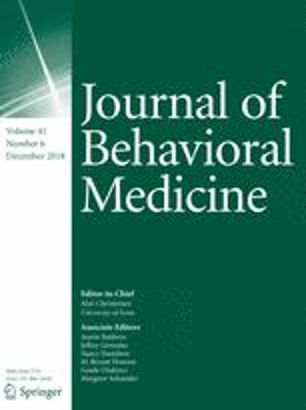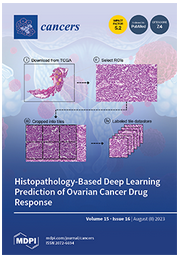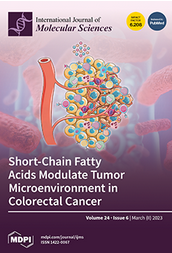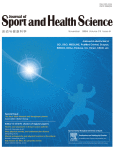Socio-Economic Inequalities in Beliefs About Cancer and its Causes: Evidence From two Population Surveys
Objective People’s beliefs about cancer can affect the actions they take to prevent and detect the disease. We investigated socio-economic inequalities in beliefs about cancer and its causes in the general population. Methods We analyzed data from the representative probabilistic Spanish Oncobarometer survey (N = 4769, 2020) and the non-probabilistic weight-corrected Spanish Cancer Awareness Survey (N = 1029, 2022).…












